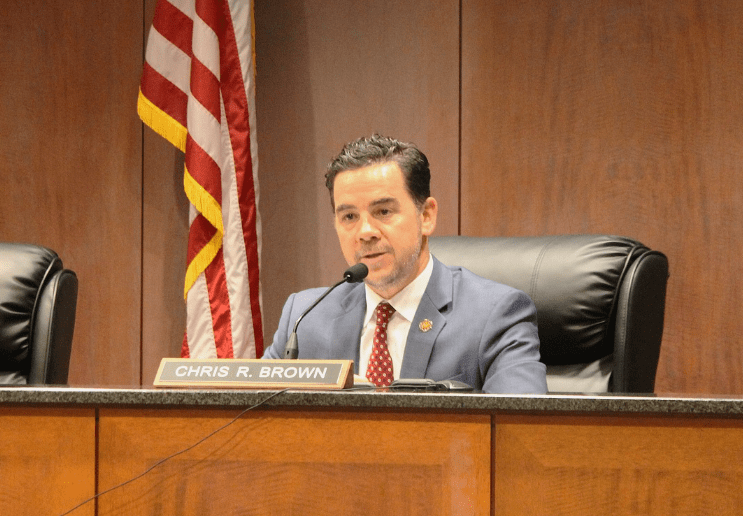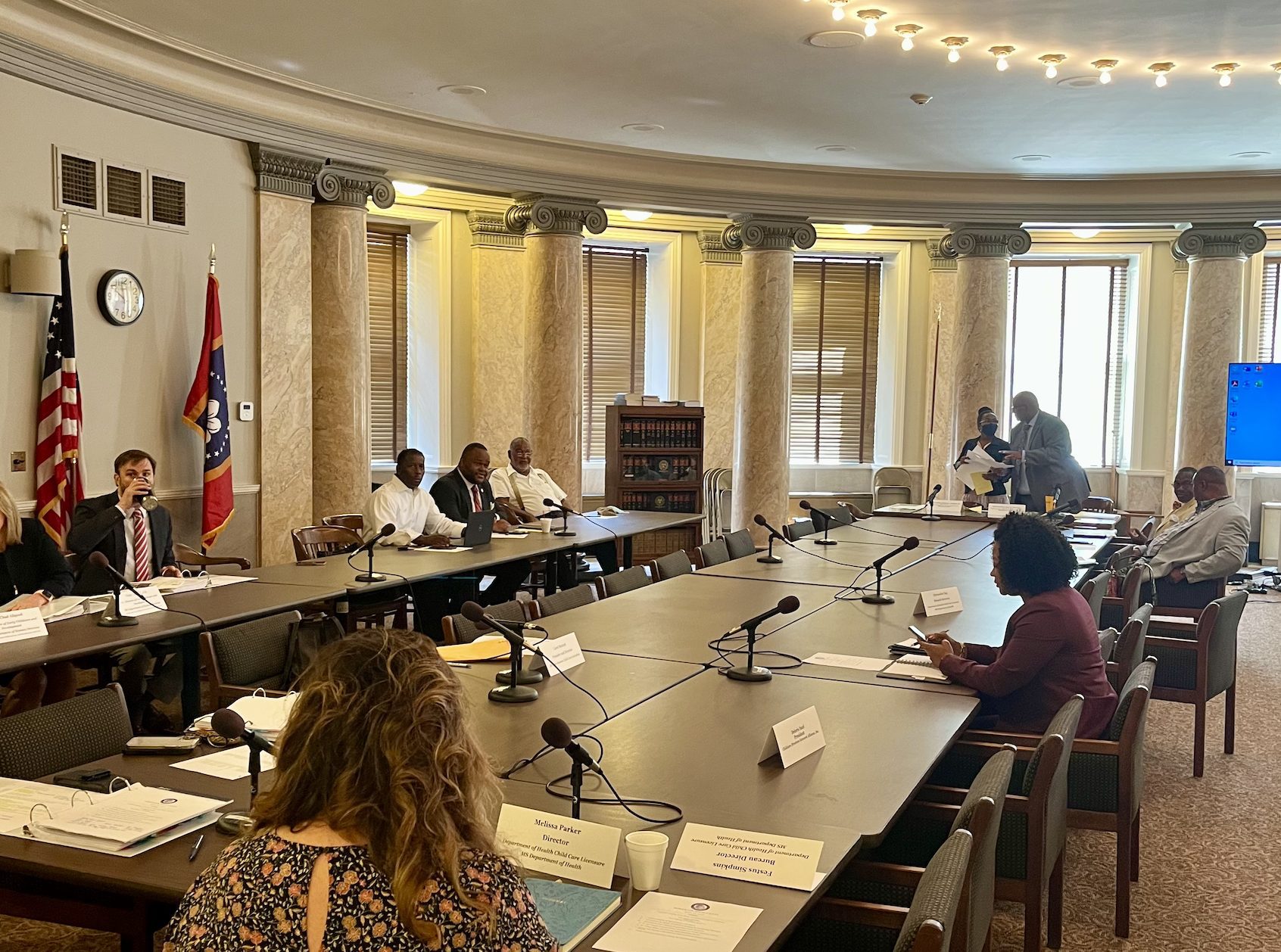
The state was previously among 3 states that was said to have lost population since 2010. The new estimates call that into question.
In the release of the 2020 Census, Mississippi was listed as one of three states to have lost population since the 2010 Census. The recent Census showed the state lost 0.2%, or roughly 6,000 residents.
Since then, Democrats and many in the media have used that minor loss of population to imply that Republicans who hold the majority across state government are failing to retain and grow Mississippi. As a result, “brain drain” has become a popular talking point for education leaders and political figures seeking to “stem the tide” and keep more of the state’s youth in state and actively contributing in the workforce.
However, Mississippi is now among 6 states that are estimated to have had an undercount – a net coverage error statistically different from zero – meaning the state population total was undercounted.
On Thursday, the U.S. Census Bureau released the 2020 Census estimated undercount and overcount rates by state and D.C. from the Post-Enumeration Survey (PES).
Mississippi’s undercount percentage is estimated at -4.11%. To put that in real terms, that means the state likely did not lose population, but rather grew by nearly 120,000 people, if these latest estimates from the Census Bureau are to be believed.
The 2020 Census listed Mississippi’s population at 2,961,279.
The other states that the Census Bureau believes to have been undercounted are Arkansas (-5.04%), Florida (-3.48%), Illinois (-1.97%), Tennessee (-4.78%) and Texas (-1.92%).
The Census Bureau also noted that 8 states were likely overcounted in the 2020 census. Those were Delaware (+5.45%), Hawaii (+6.79%), Massachusetts (+2.24%), Minnesota (+3.84%), New York (+3.44%), Ohio (+1.49%), Rhode Island (+5.05%) and Utah (+2.59%).
As the Census Bureau notes, there was an estimated undercount in the South region (-1.85%) and an estimated overcount in the Northeast region (+1.71%).
Census Bureau Director Robert L. Santos said the release of the PES estimates assists in understanding how well the Bureau did this decade, state by state, in their efforts to count everyone living in the United States.
“Transparency is a critical aspect of scientific integrity. That is why we are releasing these results to the public,” Santos saidin a release. “Our assessments – including the 2020 Census quality indicators, the PES, and the Demographic Analysis released earlier this year – offer valuable insights into the quality of the 2020 Census counts. Although none of the assessments alone can be considered definitive since no ‘true count’ of the population exists, today’s PES results suggest that some states experienced undercounts or overcounts.”
The PES estimates show how well the 2020 Census counted everyone in the nation by creating an independent estimate of the number of people living in the United States on April 1, 2020 (excluding people in group quarters, such as nursing homes or college dorms, and people in Remote Alaska areas), surveying a sample of people in households in the United States and matching those responses to their records in the 2020 Census.
“Achieving an accurate count for all 50 states and DC is always a difficult endeavor, and these results suggest it was difficult again in 2020, particularly given the unprecedented challenges we faced,” Santos added. “It is important to remember that the quality of the 2020 Census total population count is robust and consistent with that of recent censuses. However, we know there is still more work to do in planning future censuses to ensure equitable coverage across the United States and we are working to overcome any and all obstacles to achieve that goal.”
The accuracy of Census data is vital in apportioning elected representative seats at all levels of government.
Mississippi undertook its Congressional and Legislative Redistricting during the 2022 session, passing both plans overwhelmingly in both chamber of the Legislature.
The most significant change that made headlines was the expansion of the 2nd Congressional District currently represented by Democratic Congressman Bennie Thompson, which saw 65,000 people move out of that area. That large shift in population required the district to be expanded farther south.












